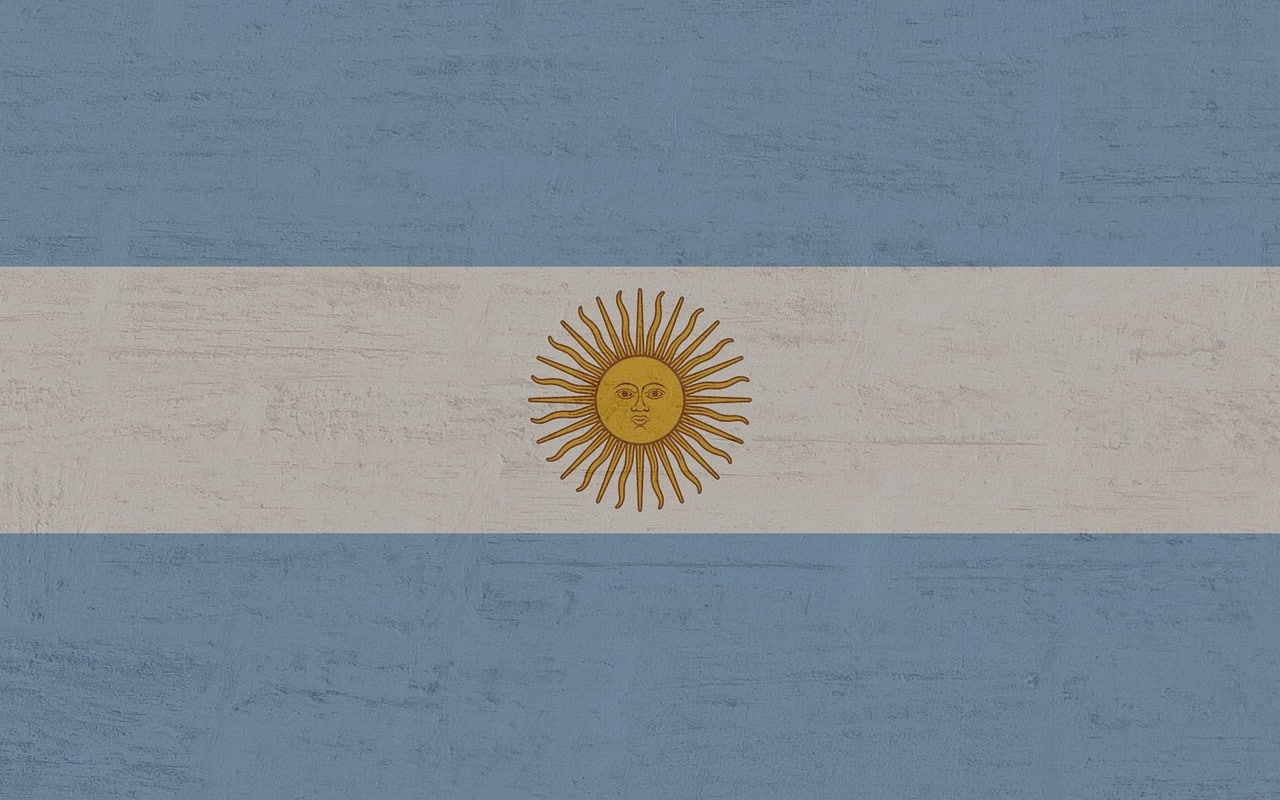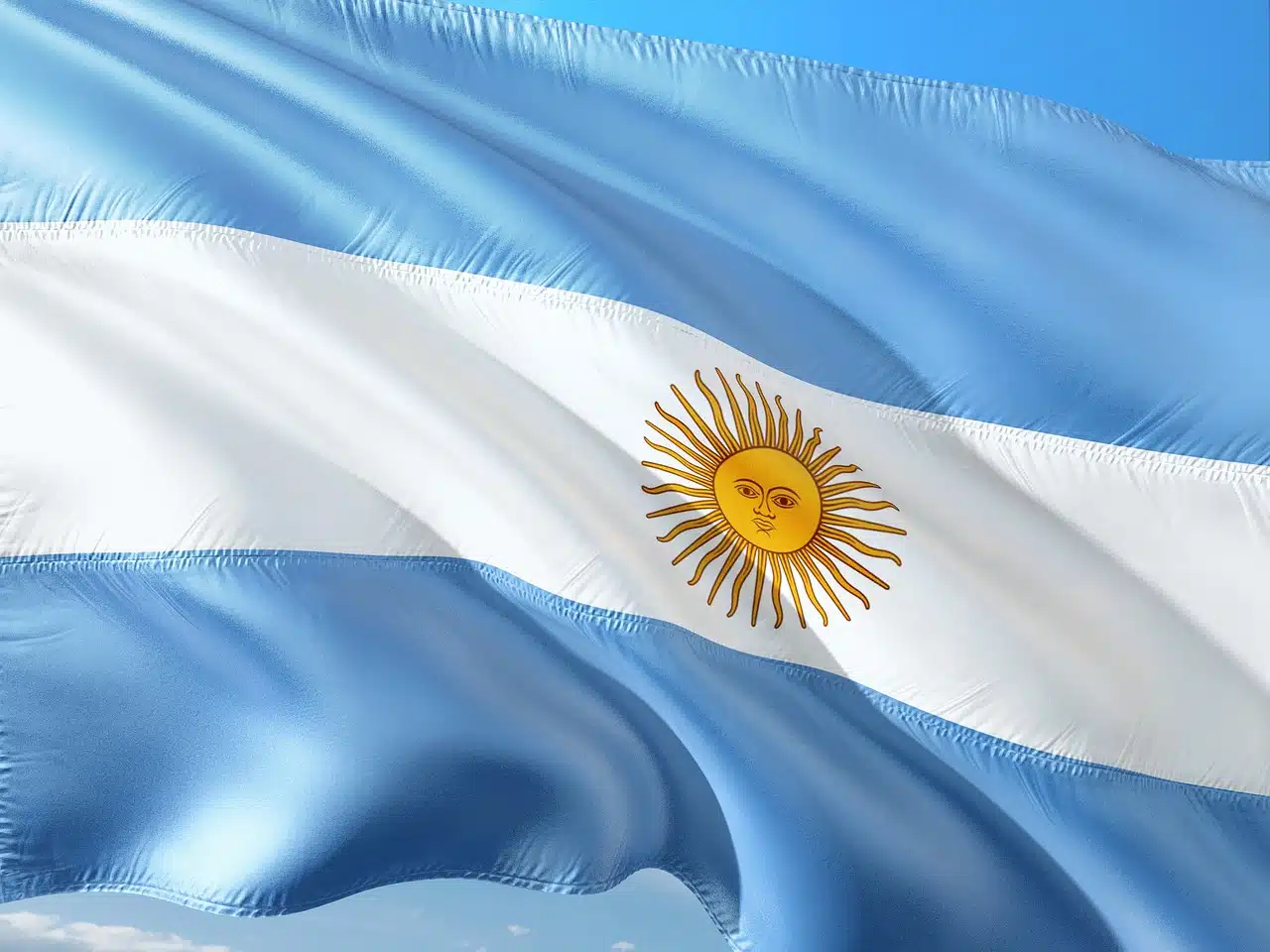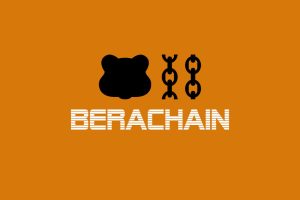- Worldcoin in Argentina generates debate: young people exchange biometric data for cryptocurrency, facing privacy and security risks in a context of high inflation.
- Varied international response to Worldcoin: some countries resist due to privacy concerns, raising the need for global standards in biometric data management.
In Argentina, the Worldcoin token (WLD) has become a notable phenomenon among youth, generating long lines at nightclubs and entertainment venues for eye scans. Despite the risks associated with handing over biometric information, many are willing to provide it to the company led by Sam Altman, co-creator of ChatGPT.
Worldcoin’s current price, near its all-time high, along with the welcome bonus and biweekly bonuses it offers, has become an additional attraction for many Argentines. This interest has spurred a new type of business on the streets, where WLD is purchased directly, without the need to exchange the cryptocurrency.

However, Worldcoin’s collection of biometric data raises serious concerns about users’ privacy and security. In 2023, CryptoNews produced a report detailing these risks. Inaddition, in Argentina, the Worldcoin Foundation has been the subject of an investigation by the Agency for Access to Public Information (AAIP) to verify security measures for privacy protection.
Internationally, Worldcoin’s eye-scanning practice has faced resistance and criticism in countries such as Germany, France and Kenya, with some opting to ban the technology due to privacy concerns and possible misuse of the data collected.
The situation in Argentina reflects a tension between the economic opportunity that Worldcoin represents and the risks inherent in handling sensitive information. While some see WLD as an additional income opportunity in a context of high inflation and high costs, others express concerns about the security and privacy of their biometric data. This scenario raises fundamental questions about the limits of technology and the responsibility of companies in handling personal data.
The debate around Worldcoin: opportunity or vulnerability?

The situation in Argentina puts a crucial question at the center of the debate: how far are citizens willing to go for extra income? In a country with inflation that closed the year at 220%, the appeal of Worldcoin is evident. For many, the approximately $90 welcome bonus and the $10 biweekly bonus represent tangible relief. But is this immediate economic benefit enough to justify the potential risks?
Privacy and security of personal data have become major issues in the digital age. The collection of biometric data, in particular, raises a number of questions. How does Worldcoin ensure that this data is protected? What measures does it take to prevent misuse? These are questions that users should ask themselves before deciding whether or not to participate in this type of initiative.
On the other hand, the Worldcoin phenomenon has revealed an interesting facet of the cryptocurrency market in Argentina. The emergence of a secondary market for the direct purchase of WLD, avoiding the use of exchanges, indicates a growing familiarity and trust in cryptocurrencies by the general public. However, this direct exchange could also pose additional risks, both in terms of financial security and legality.
Internationally, responses to Worldcoin technology have been mixed. While some countries have shown resistance, others have embraced the technology more openly. This raises an interesting debate about privacy regulations and policies globally. Should there be global standards for biometric data management? How can governments protect their citizens from potential abuse without slowing down technological innovation?
The case of Worldcoin in Argentina is not only an economic and technological phenomenon, but also a case study on how technology impacts society and personal decisions. In an increasingly interconnected world, the way we manage and protect our personal data will become more and more relevant.
Worldcoin represents both an opportunity and a challenge, a reflection of the complex relationship between technology, economy and society in the 21st century.






















